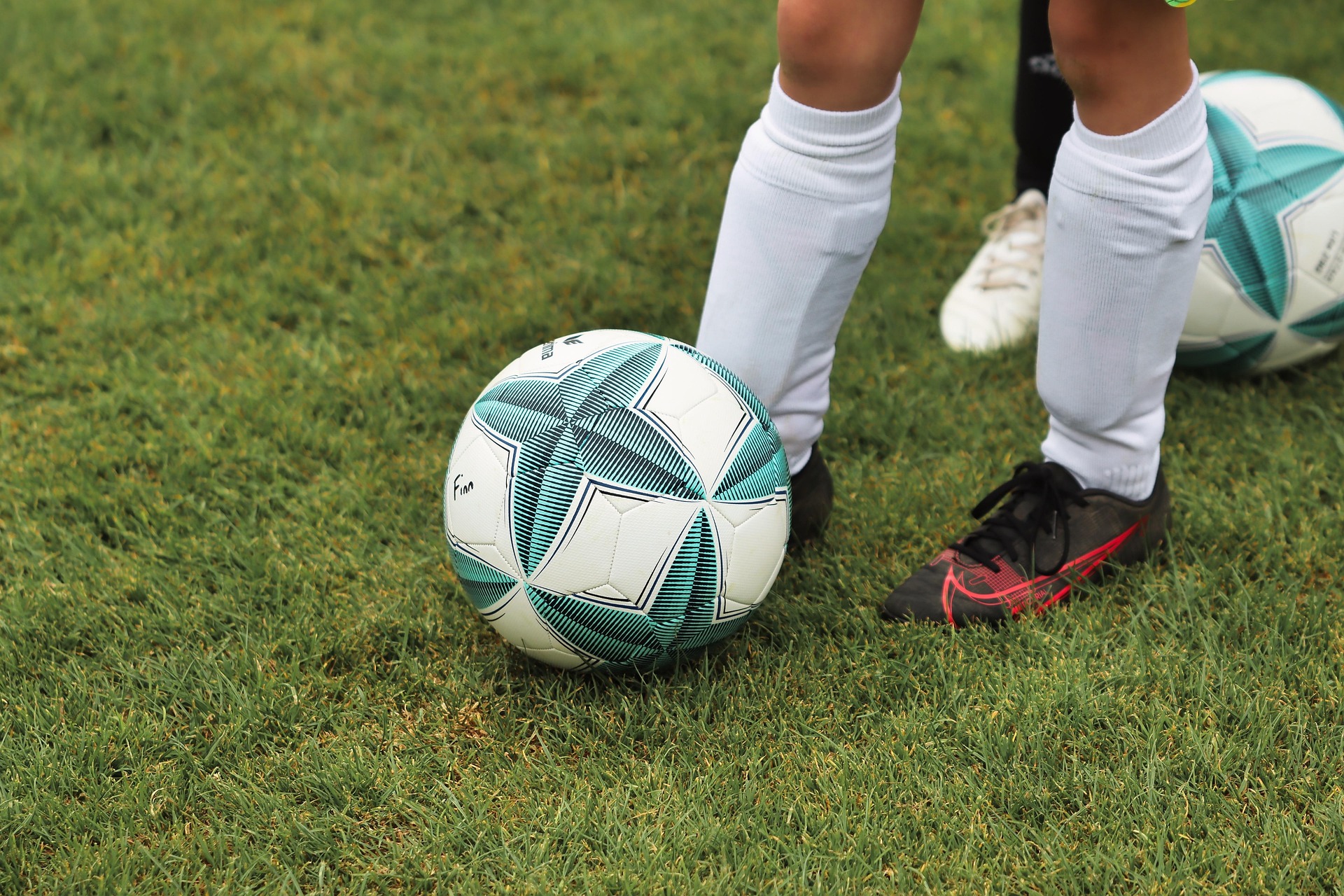The Fly on the Cookie
What’s important…and what’s not.
My granddaughter, Ryan, age 9, plays soccer, and she’s pretty good. She makes a lot of really good plays, and not too many mistakes. Last Saturday, playing defense, she stopped an attack with a solid kick, but the ball flew directly to an opposing player. No biggie. That happens even to the pros now and then.
But the coach didn’t see it that way. He yelled angrily across the field, “Ryan, you kicked it directly to the other team!” That wasn’t enough. Later, he took her aside, and gave her a hard time again about kicking the ball to the other team. And I think he mentioned it again to her at the end of the game.
Ryan was devastated. There were tears. You know how it is when a great kid makes a mistake…she focuses on the mistake, not the many great plays she made before and after the “oops!”
That evening, grandpa and grandma (that’s me and Ali) came over to enjoy dinner with the grandkids and their mom (my daughter, Kristy). We arrived in the middle of a discussion, the subject of which was whether or not Ryan should quit soccer. Ryan was still upset with her coach, and thought maybe she should drop out. Wisely, Kristy said the decision was Ryan’s to make, but it should be a carefully thought out decision. So they were talking about it.
Ali and I were invited to be part of the conversation. No grandparent can say no to something like that so we offered our opinions, trying to help…trying to be wise like grandparents are supposed to be. We said a lot of sensible (we thought) things, and to her credit, Ryan listened to them, but she remained undecided. Should she, or should she not, give up soccer, which she loved, because the game was ruined for her by the coach?
Toward the end of the discussion, with Ryan still undecided, the image of a fly landing on a cookie popped into my head. Somehow it clicked, so I used it to make a point that I thought made sense. I don’t remember the exact words Ryan and I used, but our conversation was something like this:
Me: Ryan, if you have a cookie, and a fly lands on it, that’s pretty yucky, right? [She nods.] So, what do you do? Do you throw the cookie away, or do you shoo the fly away and eat the cookie?
Ryan: [Looking at me, like…what does this have to do with soccer and dumb coaches?] I blow the fly away and eat the cookie.
Me: So, you love cookies [she does, like you wouldn’t believe] and the fly is yucky, but the fly really doesn’t matter very much. Not enough to make you throw away the cookie, right?
Ryan: Yyyeah……[You could see the wheels turning in her head…where was I going with this?]
Me: Well, the cookie is kinda like soccer because it’s a big deal for you and you like it a lot. And the fly is kinda like the coach, he’s yucky and you feel bad when he yells at you. But when you think about it, you have to listen to the coach, of course, but isn’t soccer a lot more important than getting yelled at every once in a while?
After that, Ryan said that we had talked enough, and she’d like to think about it for a while. That seemed reasonable to everyone, so we went on to other things, and we had a great family evening.
Why do we react so strongly to criticism, to insults, to being ignored, and to just about anything that might put a crack in our self-images? Can’t we put the negative feedback into perspective? Yes, sometimes it really is important, and we need to listen to it. But often, it’s really so minor that, in context, it’s just a fly on a cookie.
We all do it. We exaggerate, in our minds, the bad things, even when they’re not so very bad. We do it when something threatens our egos—a pinprick to the ego feels like a spear to the heart. We overreact to slights, small insults, being ignored, being interrupted, criticisms that don’t comport with our own view of ourselves…anything that makes us feel small and unworthy.
But we’re not small. And we’re not unworthy. Even the least of us has that most precious thing, humanity. Unless we give it away. And only we can give it away—it can’t be taken from us. Our humanity is inalienable. It’s an inherent part of each of us. We call it many things…dignity, self-esteem, self-respect…
Why do we look to the opinions of others to validate our inherent value? Why does it take a lifetime for most of us (never for some of us) to come to the realization that we are inherently valuable? Why are kids and teenagers the most vulnerable to the opinions of others?
I think it’s because it takes time and experience…and some self-awareness…to put ourselves into perspective and to learn the lesson that we are what we think we are, not what others think we are. Because it takes time and experience, those of us who are going to learn this lesson, tend to do so later in our lives. Gradually, as we grow in age and maturity, some faster than others, some never, the negative feedback from the outside world stops hurting so much, the positive feedback becomes less euphoric, and we begin to rely more on our own self- observation than what comes to us from outside.
What a relief it is to finally know our own value and to measure it by our own yardsticks, rather than the shallow reflections of ourselves coming back to us from the eyes of others, distorted by their own internal beliefs, habits of thinking, and ego-driven needs.
She’ll have to chase a few more flies away from a few more cookies, and it’ll take a few more years, but Ryan is well and truly on the path to self-realization, self-confidence, and a clear-eyed understanding of her own value as a remarkable human being.
She’s still playing soccer.

